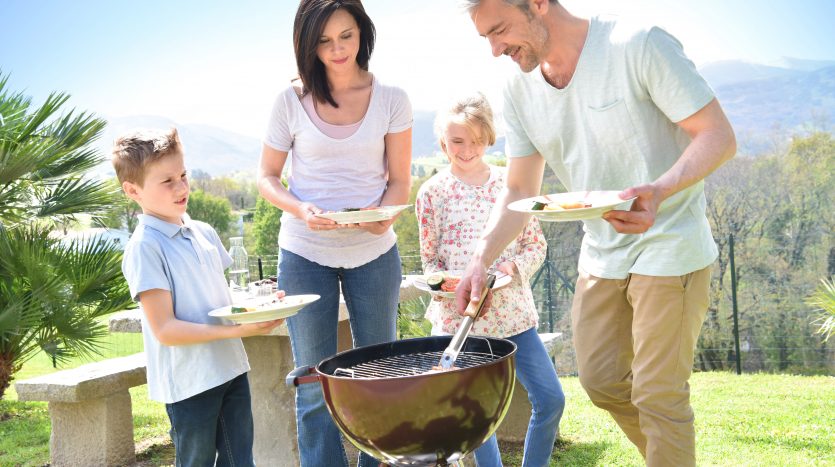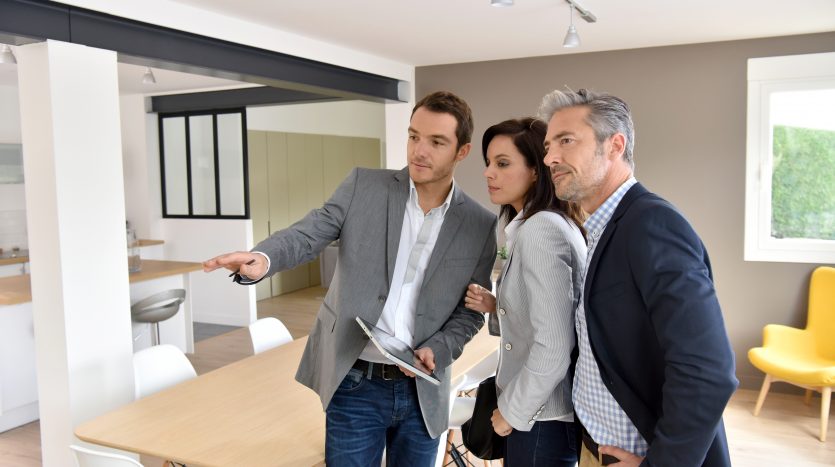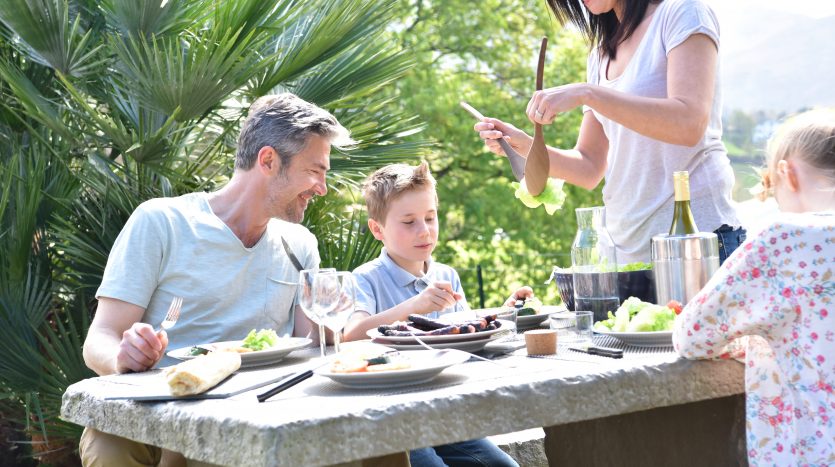Guide for owners in Spain
You’ve bought a home in Spain. Congratulations! Hopefully this will be the first of many years of happiness in this beautiful and warm country. No matter if you have bought a Spanish property to enjoy during your holidays or to rent it out as an investment, you took a big step in your life.
Of course, what you do next will depend whether you are planning to be a resident or a non-resident. If you live in Spain for more than 183 days in the year then you are a resident.
In this article we clarify the next steps you need to take after you buy a house in Spain. We identify what you should do either as resident or as non-resident in Spain, and some tips for every new Spanish property owners.
Four steps for non-residents in Spain
- Make adjustments to receive notifications
It is important to be alerted of any official notification you are sent about your property. In Spain these notifications are sent by mail and some people ask their neighbor to keep an eye on their letterbox in case an important letter is sent. If you don’t have some way to be alerted, contract this service in Spain.
- Have contacts in Spain
If you are away from your property in Spain you will be worried about security and access to your property. You may want someone to clean your house while you are in Hungary or air it before you go there on vacations to Spain.
You can trust the services of a keyholding company in Spain or someone who you can keep in contact with while you are out of Spain. They will keep a set of keys and might also be able to help out if you have visitors using your Spanish property while you are away.
- Vehicles in Spain
If you hire car in Spain then there is nothing you need to do in relation to license and registration.
If you bring a Hungarian vehicle into Spain and you want to use it for more than 6 month, you will need to register it or return it to Hungary after those 6 month.
- Pay your taxes in Spain
As a non-resident you will have at least two taxes to pay in Spain:
- IBI (Impuesto Sobre Bienes Inmuebles) or council tax
- Imputed income tax or rental tax (in some cases a combination of the two)
You can choose the services of a fiscal representative in Spain to help you pay them while you are in Hungary. Having a fiscal representative involves less risks.
However, it is possible to do your non-resident tax return in Spain online if you prefer. It all depends on how much responsibility you want to have after you buy your property in Spain.
If you are intending to rent out your property in Spain it is a good idea to have a representative as you will have to make quarterly tax declarations.
Five steps for residents in Spain
- Obtain your civil residency in Spain
The big issue once you have bought your property, if you are intending to live in Spain, is paper work. You will need to make sure that you have:
- A NIE ( foreigners’ identification number)
- A Residencia (certificate to show that you are registered as a civil resident in Spain)
- Registered on the padrón
Although there will seem to be a lot to do, it doesn’t have to all be done at once. You can apply for your NIE and Residencia together, this is the most important first step. If you have bought a house in Spain you will already have an NIE. You will need to protect yourself against frustration when things don’t go to plan.
- Make a Spanish tax return
In most cases residents must also make a resident tax declaration in Spain before the end of June each year. If you have property in Spain worthing more than €50,000 you will also need to complete a 720 asset declaration.
Making a Spanish tax declaration makes it easier to prove that you are a resident in Spain.
- Make sure you comply with driving laws
If you are driving in Spain you will also need to change your driving licence to a Spanish driving licence at some point (you have two years to do this after you obtain the Spanish residence).
If you have a Hungarian-registered vehicle, you will need to have it re-registered in Spain within a month.
- Make sure you are eligible for the health care you need in Spain
Once you are registered on the padrón, you can then apply for your SIP card (Spanish health card) if you are entitled to state health care in Spain. If not you will need to make sure you have private health insurance or buy into a state health insurance scheme.
- Make a Spanish will
If you are moving to live in Spain it is important to make a Spanish will if you want to ensure that your wishes are safe after you die.
Non-resident and resident in Spain
There are some jobs that you should do whether you are a resident or a non-resident.
Organize your utilities in Spain
The utilities should have been changed into your name at the point of the sale. However, there are some good housekeeping activities in Spain that we recommend you initiate.
- Organize a utilities file beginning with your first bill for each – make sure that all the details on these are correct
- Make a note of how often you will be charged for each utility and build this into the calculations of how you much you will need in the Spanish bank
- Keep in mind the seasonal variations
- Keep a directory with the names of the provider of the service and emergency contact numbers or website addresses
Banks in Spain
You will need to make sure that whatever bank account you have in Spain reflects your residency status. If you are a non-resident you will need a non-resident account, for example.
If you do have a non-resident account you will be asked to sign a declaration to this effect every couple of years. This is just to confirm your status as a non-resident in Spain.
If you are a resident in Spain and have a regular income you might be able to get an account with reduced charges and should make enquiries. Don’t forget to let your bank know either if you change your residency status.
Online banking in Spain offers the opportunity of managing your affairs better. Make sure your bank gives you access before leaving their offices.
Insurance in Spain
You will want to make sure that your property is covered by a home insurance in Spain. You should doubt about taking out insurance with the Spanish bank. There are many insurance companies in Spain that might be able to offer you better rates and conditions than banks.
Arranging the nice little extras
In this article we’ve talked about some of the more routine actions that you must take after you’ve bought your Spanish property. There are many more ‘fun’ ones too.
- Exploring the area where you are going to live
- Making decisions about the internet and TV
- Buying furniture and decoration for your new home in Spain
- Getting to know your neighbors and the community of owners
- Finding the best local shopping center
During this time there will be many things to face. But after dealing with some Spanish bureaucracy issues you will find yourself totally at home and feeling that you made one of the best decisions in your life.














